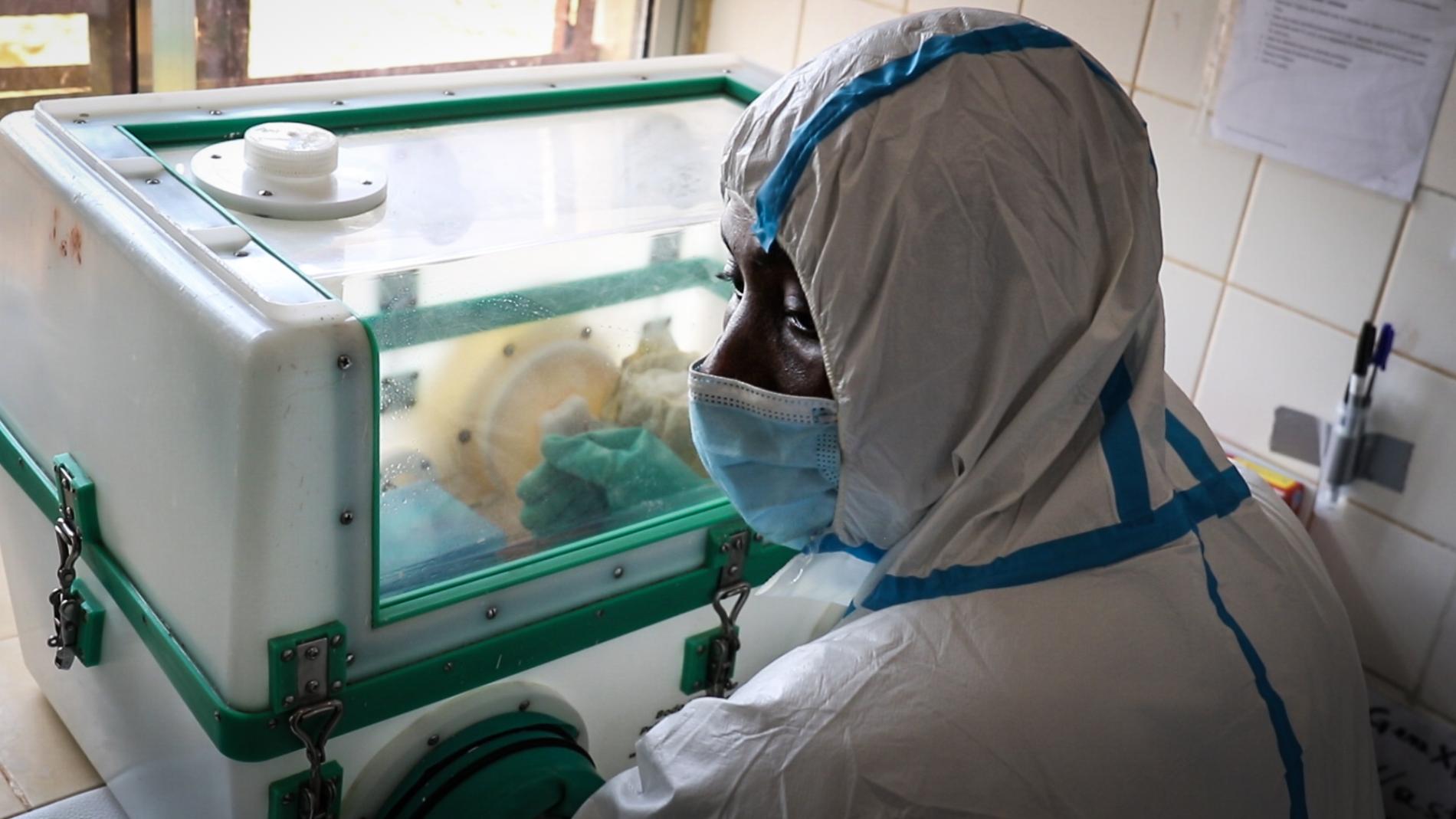New Delhi – Five years after the onset of the global COVID-19 pandemic, experts indicate that the SARS-CoV-2 virus continues to circulate, albeit in a significantly weakened state. While the virus has not disappeared, its ability to cause severe disease has diminished considerably.
According to reports, and expert analysis, the virus has evolved, transitioning towards a more endemic pattern, similar to that of the influenza virus.
“This is how viruses evolve. It is not surprising that SARS-CoV2 has become very weak now. It would probably still not be considered as benign as the flu virus, which has been around for very long, but it is more or less in the same category,” said a virologist.
Ongoing surveillance efforts continue to monitor the virus’s presence. Health authorities are still screening patients with Severe Acute Respiratory Infection (SARI), and some have tested positive for SARS-CoV-2.
World Health Organization (WHO) data indicates that while cases are still being reported globally, the severity of those cases has decreased. The WHO has also continued to monitor variants of the virus.
Experts do caution that while the general population may face a reduced risk, individuals with pre-existing respiratory conditions may still experience complications.
“While routine testing for SARS-CoV-2 has significantly declined, ongoing surveillance projects continue to monitor its presence,”2 said a member of a health task force.
The general consensus from experts is that while the virus is still present, it is currently posing a much lower risk to the general public than it did during the height of the pandemic.
Disclaimer:
- This news article is based on information available at the time of writing, and reflects the current understanding of the situation. Viral evolution is an ongoing process, and the information provided may change as new data becomes available.
- Individuals with concerns about their health should consult with qualified medical professionals.
- Information concerning global health, and particularly concerning viruses, is always changing. For the most up to date information, please consult the World Health Organization, and your local health authorities.












